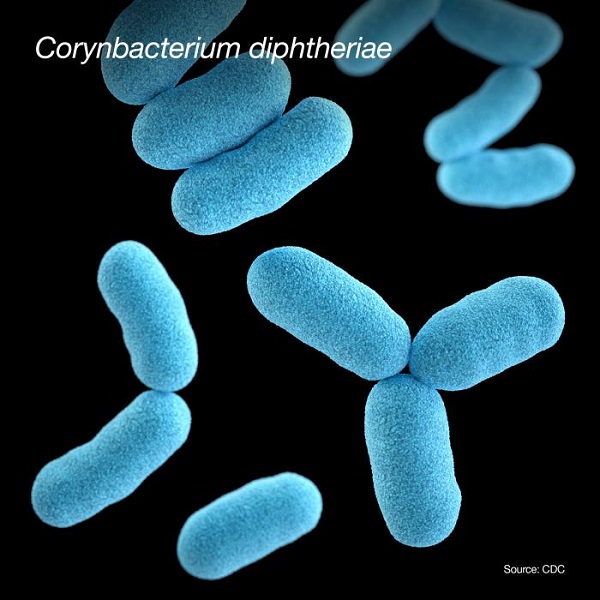
Experts have expressed concerns about the lack of a unified system for collecting and reporting diphtheria data in Nigeria.
In an exclusive interview with Science Nigeria on August 8, 2023, in Abuja, a public health expert, Dr. Gabriel Adakole emphasised that the absence of a centralised database makes it challenging to accurately track and monitor the spread of the disease, hindering effective response and prevention efforts in the country.
Adakole pointed out that without a comprehensive and consistent data collection system, it becomes difficult to identify areas with high incidence rates, allocate resources appropriately and implement targeted interventions.
He explained that the Nigeria Centre for Disease Control and Prevention (NCDC) performs all functions related to data management, while the World Health Organisation (WHO) provides leadership on global health matters. The Federal Ministry of Health (FMOH) is responsible for developing and implementing policies that strengthen the national health system.
The expert noted that the three entities have reported different data from the ongoing diphtheria outbreak in the country, leading to delays in detecting outbreaks, responding to cases and implementing preventive measures.
A virologist and chairman of the board of Biovaccines Nigeria Limited (BVNL), Prof. Oyewale Tomori stressed the importance of data in public health emergencies. He emphasised that access to accurate and timely data enhances the ability to respond to emergencies, save lives and protect communities.
He expressed concern that despite the diphtheria outbreak being reported since May 2022, not enough positive action has been taken to address the situation. Improving the collection and reporting of diphtheria data is crucial for effectively combating the disease in the country.
WHO country representative for Nigeria, Dr. Walter Mulombo confirmed that from May 2022 to July 2023, an estimated 2,455 suspected cases have been reported in 26 states, with 836 confirmed cases in 33 local government areas across eight states. Tragically, 83 deaths have been reported from these confirmed cases, highlighting the critical importance of vaccination, especially for children.
The United Nations Children’s Fund (UNICEF) reported 3,850 suspected cases of diphtheria, with 1,387 confirmed positive cases in 27 states. The disease has claimed 122 lives, with a case fatality rate of 8.7 per cent.
The NCDC revealed that from May 2022 to July 2023, a total of 4,160 suspected cases have been reported from 27 states across 139 local government areas. Out of these cases, 1,534 were confirmed, 1,700 were discarded, 639 were pending classification and 287 were unknown.
The agency highlighted that Kano, Yobe, Katsina, Kaduna, Bauchi, the Federal Capital Territory (FCT) and Lagos account for 97.8 per cent of the suspected cases.
The permanent secretary of the FMOH, Mr. Olufunsho Adebiyi, warned that 171 local government areas in 14 states were at high risk of further spread of the diphtheria outbreak. Among them, Kano, Katsina, FCT, Yobe, Kaduna and Bauchi states had all 144 local government areas at risk.
Diphtheria caused by a toxin produced by the bacteria Corynebacterium diphtheriae, is a vaccine-preventable disease covered by one of the vaccines provided routinely through Nigeria’s childhood immunisation schedule.
In light of these alarming figures, experts stress the urgent need for a unified system for collecting and reporting diphtheria data in Nigeria. By addressing this issue, authorities can enhance their ability to respond to outbreaks, allocate resources efficiently and protect the population from the spread of diphtheria.

